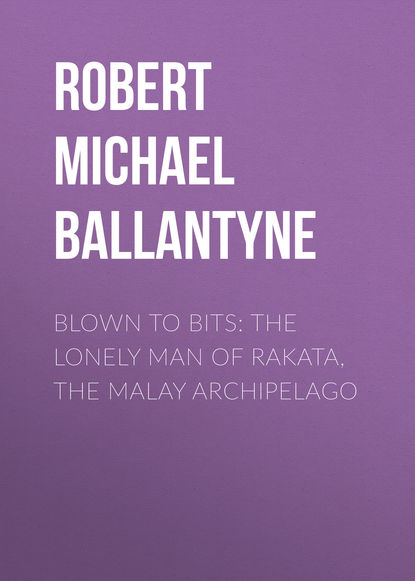По всем вопросам обращайтесь на: info@litportal.ru
(©) 2003-2024.
✖
Blown to Bits: The Lonely Man of Rakata, the Malay Archipelago
Настройки чтения
Размер шрифта
Высота строк
Поля
Nigel was yet looking at these visitors in some surprise, when an elderly nautical man suddenly stood not twenty yards off gazing in open-mouthed amazement, past our hero’s very nose, at the volcanic fires.
“Hallo, Father!” shouted the one.
“Zounds! Nigel!” exclaimed the other.
Both men glared and were speechless for several seconds. Then Nigel rushed at the captain, and the captain met him halfway, and they shook hands with such hearty goodwill as to arrest in his operations for a few moments a photographer who was hastily setting up his camera!
Yes, science has done much to reveal the marvellous and arouse exalted thoughts in the human mind, but it has also done something to crush enthusiasts and shock the romantic. Veracity constrains us to state that there he was, with his tripod, and his eager haste, and his hideous black cloth, preparing to “take” Perboewatan on a “dry plate”! And he “took” it too! And you may see it, if you will, as a marvellous frontispiece to the volume by the “Krakatoa Committee”—a work which is apparently as exhaustive of the subject of Krakatoa as was the great explosion itself of those internal fires which will probably keep that volcano quiet for the next two hundred years.
But this was not the Great Eruption of Krakatoa—only a rehearsal, as it were.
“What brought you here, my son?” asked the captain, on recovering speech.
“My legs, father.”
“Don’t be insolent, boy.”
“It’s not insolence, father. It’s only poetical licence, meant to assure you that I did not come by ’bus or rail, though you did by steamer! But let me introduce you to my friend, Mr —”











